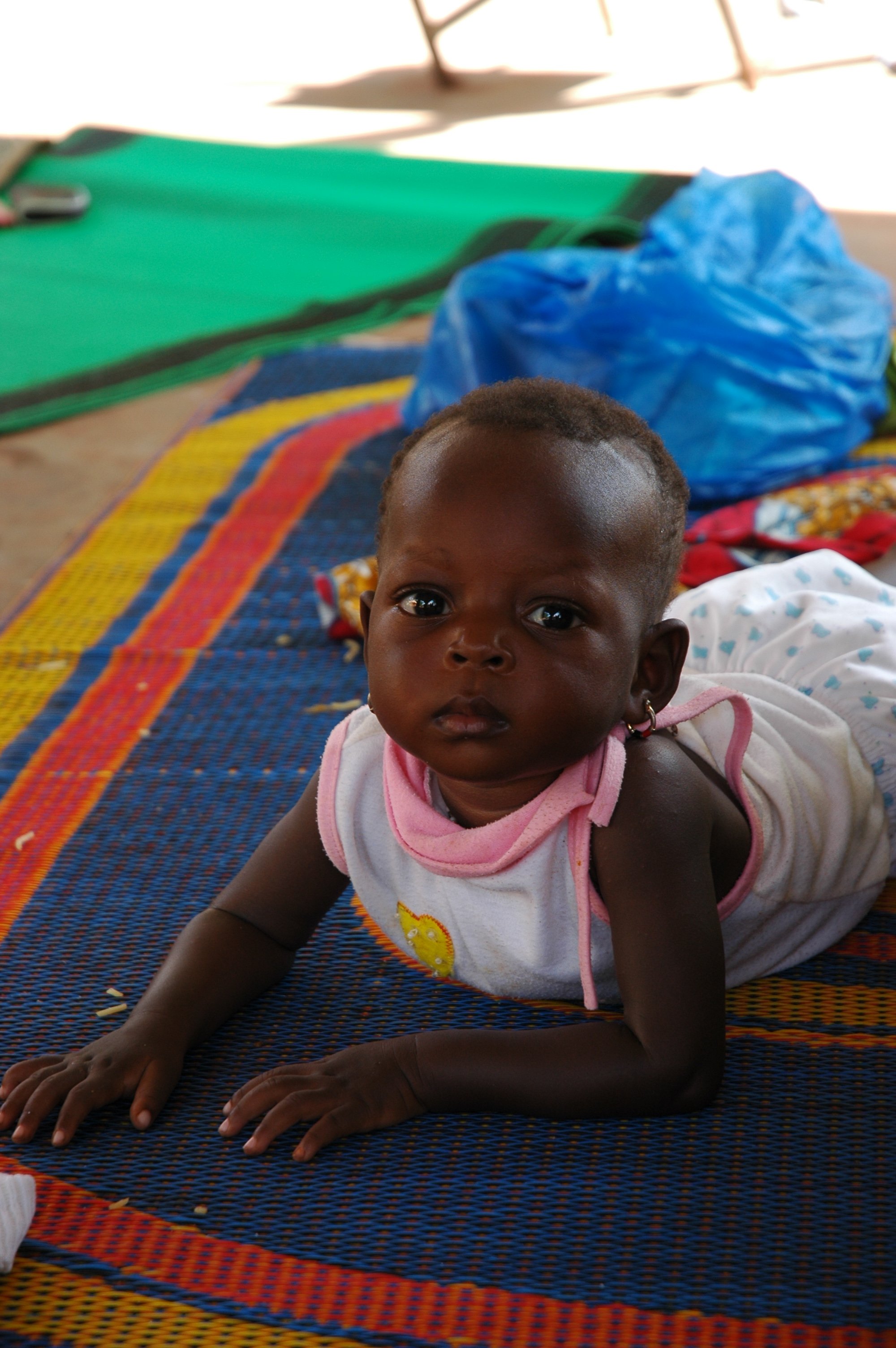Ouahigouya regional hospital takes on the most complicated cases of malnutrition from throughout the region. The director of its nutrition centre, Etienne Zida, told IRIN city children slip through the malnutrition diagnostic system.
“We will diagnose a child as severely malnourished in need of hospitalization. If that family is from here [Ouahigouya], we are likely not to see them again,” said Zida. “Mostly from intellectual families, they feel shame and failure if their child is hospitalized because of malnutrition rather than malaria. So they simply do not do it.”
The nutrition centre director said the impact of the stigma is likely masking what he sees as a growing problem of urban hunger. “Of the [urban] children we are able to treat for malnutrition, there are others we are not reaching.”
Zida said cases of malnourished urban patients in the paediatric ward decreased after NGOs boosted nutrition services in the city about six years ago; the new services reduced the number of urban patients who sought care. But, even given the chilling effect of stigma, he said, during the first half of 2009 twice as many children from Ouahigouya city were in the nutrition recovery centre than from surrounding villages, 24 as compared to 11 rural children.
The director said the higher number of city children in the regional hospital’s nutrition ward is due in part to villagers’ increased ability to seek care for non-complicated malnutrition closer to their homes. But he said the imbalance is also due to growing malnutrition in cities.
Perception
The director of nutrition services at Burkina Faso’s Health Ministry, Sylvestre Tapsoba, told IRIN malnutrition in cities has always existed and is not significantly changing. “There may be the perception it is getting worse because the health ministry has strengthened the treatment of malnutrition in rural areas, which has led to a reduction of rural referrals in regional health centres.”
He said rural-to-urban migration plus the health and hygiene conditions of crowded urban life have long contributed to urban malnutrition. “Malnutrition in cities is not surprising nor is it a reversal of earlier trends.”
The rate of global acute malnutrition - when under-five children do not meet international height or weight standards - in both urban and rural areas in Burkina Faso is 12 percent, according to the most recent government survey, which is still undergoing verification.
Slightly more urban families reported in the same survey eating only one meal per day - 7 percent versus 5.7 percent in rural areas.
pt/np
This article was produced by IRIN News while it was part of the United Nations Office for the Coordination of Humanitarian Affairs. Please send queries on copyright or liability to the UN. For more information: https://shop.un.org/rights-permissions





